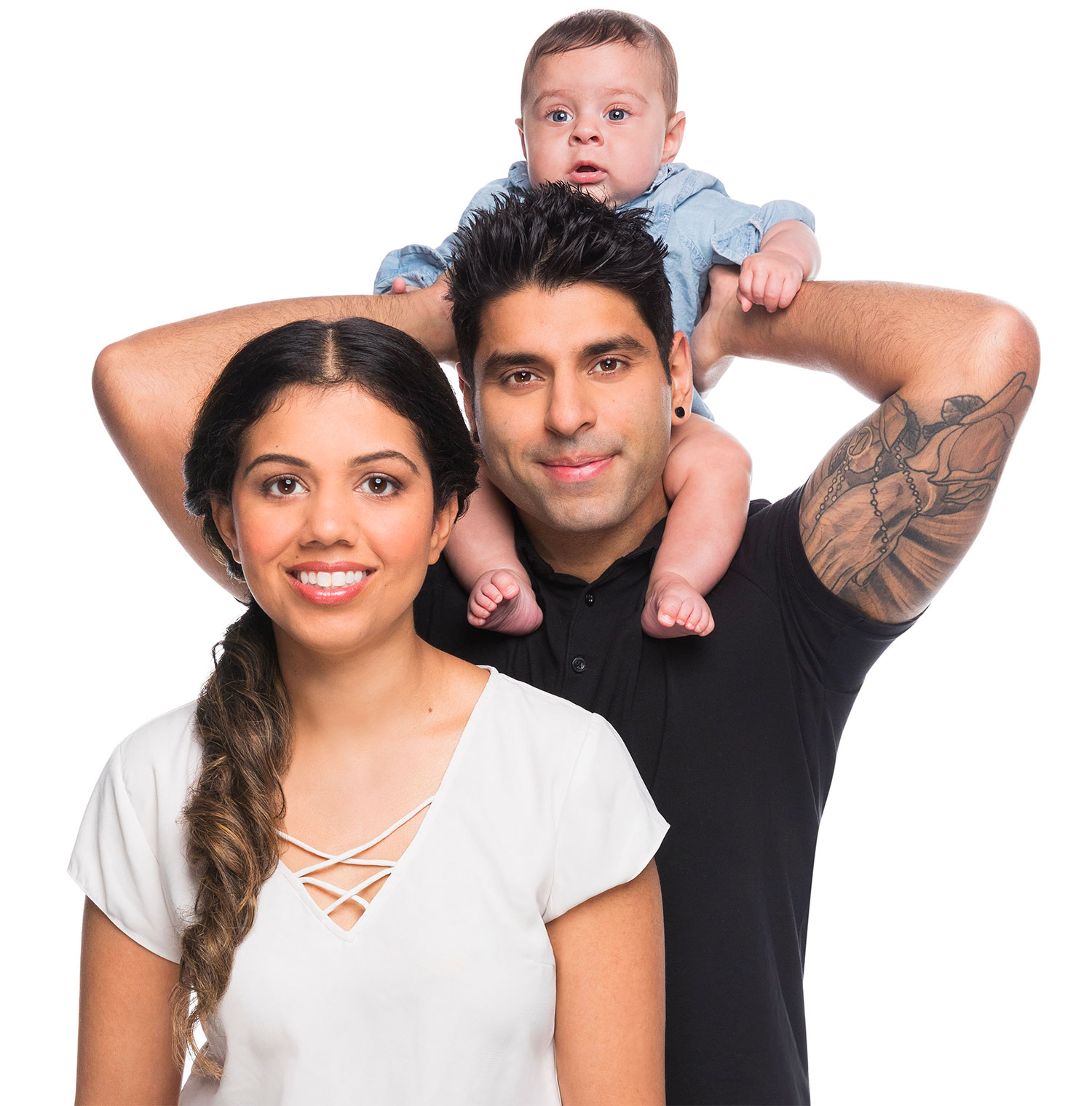Ethnic diversity is critical to meet patient needs
Although donors from all backgrounds are needed to keep Canada’s Lifeline strong, people who are of diverse Asian, African, Caribbean, Middle Eastern and Indigenous ancestry, as well as those of mixed ancestry, are uniquely positioned to help save the lives of people from their own communities.
Ethnic diversity is critical within the supplies of blood, stem cells and organs and tissues. Some people with complex and ongoing blood product needs require specially matched blood products that often come from donors of similar ethnic background or ancestry.
We won’t be able to continue to meet the needs of these individuals without a donor and registrant base that reflects Canada’s ethnically diverse population.
Community conversations about diversity in Canada’s Lifeline
By initiating a conversation about blood and plasma donation with your friends, family members and neighbours, you can help raise awareness about the importance of ethnic diversity in supporting better patient outcomes.
Join us, as we spark these critical community conversations with patients, donors, doctors, and community champions.
Episode 1: “You’re worth the fear”
Episode 2: “One of me to give to three”
Episode 3: “Liquid Gold”
Episode 4: “Donation is for everyone”
How diversity plays a role in the blood supply
At Canadian Blood Services, what we do matters — and ethnic diversity is critical to everything we do.
Building a donor and registrant base that reflects the racial and ethnic diversity of Canada is essential to ensuring everyone has reliable access to safe, high-quality blood, plasma, stem cells, organs and tissues.
Ways to donate
Becoming a regular blood or plasma donor is one important way to ensure that life essentials continue to be available to those in need.
Various factors are used to determine whether a person is able to donate blood or plasma at any given time. We encourage everyone to check their eligibility, as there may be times when it’s not possible to donate. Donor eligibility can change over time, however, so even if you can’t donate blood or plasma today, you may be able to do so in the future.
There are so many ways to join Canada’s Lifeline and help people in your community and across Canada.
All ways to donate:

Download and share all ways to participate in Canada’s Lifeline with your community
